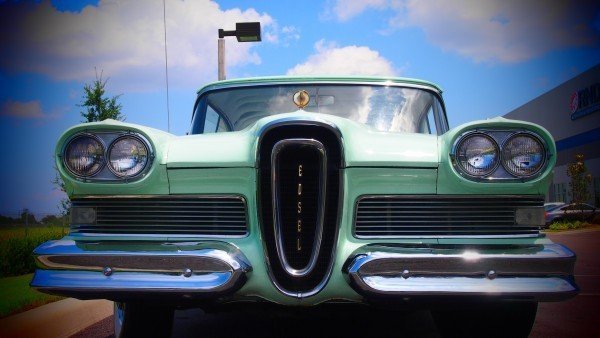The Duh-Factor
Another from the lessons-not-found-in-books series

Life is full of the Duh-factor.
What, you may ask is the Duh-factor, and why is Duh always capitalized? I am not sure I can precisely define the word and I have no idea why Duh should always be capitalized. It just seemed the right thing to do. Perhaps a couple of examples of the Duh-factor in operation can help.
Comedians, especially it seems hillbilly comedians, can make a career of the Duh-factor. Jeff Foxworthy’s “You might be a redneck if …” comes to mind, or better still Bill Engvall’s “Here’s your sign” bits. If you haven’t had the good fortune to see these guys, I can’t help with that. Try Youtube.
My father knew the Duh-factor approach and used it with me when I was a kid. It sometimes remotely resembled the Socratic Method. That is, it usually, but not always, involved a question.
An example is: “Do you know what that white stuff on bird sh*t is?” Now if you have ever studied bird sh*t, you could have observed that for many birds, from sparrows to chickens, their poop consists of at least two tones, one dark, almost black, and the other white. These appear to be two parts of the same piece of poop. But, if you haven’t made it your goal to ponder bird poop before, you might simply respond to such a question as Dad posed with something like, “No, what is it?” His immediate response would be, “Its bird sh*t, too.” Duh!
There is evidence for the Duh-factor in business as well. Look at some of the failed products that abound in the marketplaces of our lives. Things are made or services developed that people do not want and will not pay for. Witness the Edsel automobile (Ford, 1958-1960), Frito Lay’s Cheeto’s Lip Balm (2005), Google+ (2011-2019) and the list can go on. The blunder by Coca Cola when they tried to abandon the original Coke formula in the mid 1980s in favor of “New Coke” is a good example of the need to listen to your clients, understand what they value and offer products that satisfy that value. Sales of Coca Cola slumped and continued to be poor by historical Coke standards until they reintroduced the original formula in “Classic Coke.” The turnaround in sales that occurred after that reintroduction was attributed to listening to the customer.
This one isn’t a question, but an axiom: If you throw it out the back door and the dogs won’t eat it, it ain’t dog food. Duh.
It always pays to ask yourself the right questions along the way. And, in our current world in turmoil asking those questions is more urgent than may have been the case ever before.
- Do our customers want something significantly different than what we currently have to offer?
- Do our employees need changes in our processes that management can make?
- If we need to make changes in the implicit employment contract will employees go along with them?
- How can we reconcile differences between what we perceive we need to change in our business and the needs that our employees want to see us address?
- What do the other players that impact our markets have on their horizons?
- Is now the right time to make a change?
- How similar is our “new Normal” going to be to our past “normal?”
- What is our formula for making “dog food” going forward?
- And, the list goes on. …
So how do I define the Duh-factor? I am still not sure I have a precise definition, but it does have something to do with trying really hard to recognize the obvious and apply, that all too often uncommon, common sense.
Never miss out!
Get an email update every time I publish new content. Be the first to know!
